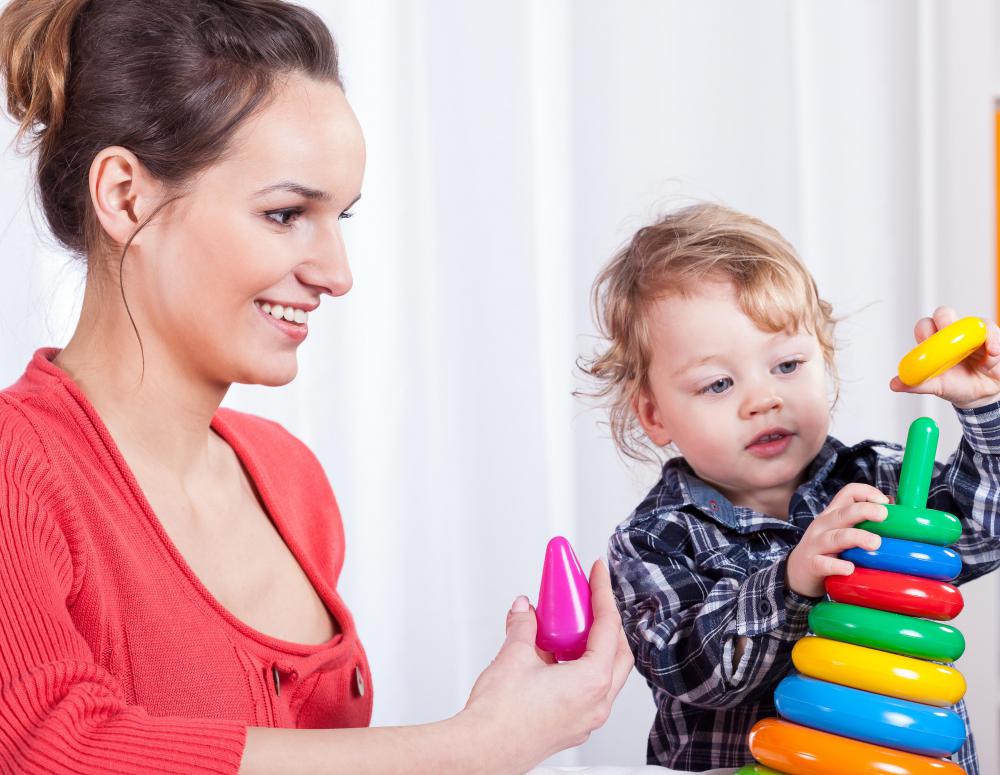At TheHealthBoard, we're committed to delivering accurate, trustworthy information. Our expert-authored content is rigorously fact-checked and sourced from credible authorities. Discover how we uphold the highest standards in providing you with reliable knowledge.
What are Perceptual Disabilities?
Perceptual disabilities are a type of learning disorder or learning disability. They are one of the types of specific learning disabilities defined by the Individuals with Disabilities Education Act (IDEA); because of that, children with them are considered eligible for special education services.
To understand perceptual disabilities, it is important to understand two things. The four stages of learning, which are:

• Input (the initial entry of information into the brain);
• Integration (the processing and interpretation of that information);
• Memory (the storage and ability to recall that information); and
• Output (the ability to convey that information through language or motor output).
Because perceptual disabilities occur at the input stage, it is important to clarify two things. First, they do not mean that there is a problem with the sensory acquisition of information. People with perceptual disabilities may have nothing the matter with their sight and hearing. The disability is how that information is handled. Second, because they cause problems at the initial stage of information processing, other stages may be affected as well.
These disabilities may be categorized by the particular sensory area that is affected.
• Seeing—Visual disabilities may result in problems with organization, positioning, judging distance, and hand-eye coordination. The ability to read social cues, such as facial expressions, may also be impacted.
• Hearing—Auditory disabilities may lead to an inability to distinguish differences between sounds, trouble staying focused on a primary auditory input, or having trouble keeping up with auditory input.
• Smell and taste disabilities may result in an unusual level of sensitivity or insensitivity and may affect the ability to distinguish odors and tastes.
• Touch—Tactile disabilities may either result in a dulled sense of touch, or one that is unusually sensitive to stimuli.
Perceptual disabilities may also affect the proprioceptive sense, which has to do with body self-awareness, and the vestibular sense, which has to do with balance and equilibrium.
AS FEATURED ON:
AS FEATURED ON:
















Discussion Comments
For me, my biggest problem throughout my learning experience has been my memory. If I don't consistently do the same work day in and day out, I forget it. Exams are the worst.
I happened to luck out in taking College Physics 1 at the local community college and the professor, made the testing as real life as possible - allowing us to use whatever resources we had with us: notes, programmable calculators, and cell phones; all we had to do is show our work to come to the answer. The reason he allowed such testing method to take place is because as he put it, "in the real world, you're going to have resources available to you to check your work, so why should I force everyone to try and memorize formulas and whatnot when even I can't?"
It's a shame, though, If I had more professors who used that methodology in their testing accommodations, I wouldn't have such a huge problem with test anxiety and stressing myself out to memorize everything for midterm and final exams.
@literally45-- "Learning disability" is a larger term encompassing different types of problems. But it's possible that a learning disability may be an issue of perceptual disability.
Pediatric services offer testing for perceptual disabilities but yes, there are signs that parents and teachers should take notice of. Children having difficulty learning reading and writing, who cannot tell apart shapes, letters numbers and who have issues with coordination may be suffering from perceptual disabilities. Difficulty remembering directions, following directions can also be signs. These signs will show themselves in young children, kindergarten teachers will notice them.
Keep in mind however that there are different levels. Every child will not experience these issues exactly the same way. They may be milder or more severe. Or some children may be good with some things and not good with others. So it's important to seek help from a professional without jumping to conclusions.
Are perceptual disabilities the same as learning disabilities? What is the process of diagnosing perceptual disabilities? What types of signs should parents and children look out for? Will this become apparent at a very young age?
My friend has a mild perceptual disability. His main problem is understanding cues in speech and body language. For example, if someone says something sarcastically or as a joke, he may not understand. He thinks that the person really means it. So he has a lot of issues while communicating with others. Misunderstanding happen often although people who know him know not to use such cues and sarcastic language. He is not bad with simple straightforward communication.
Post your comments